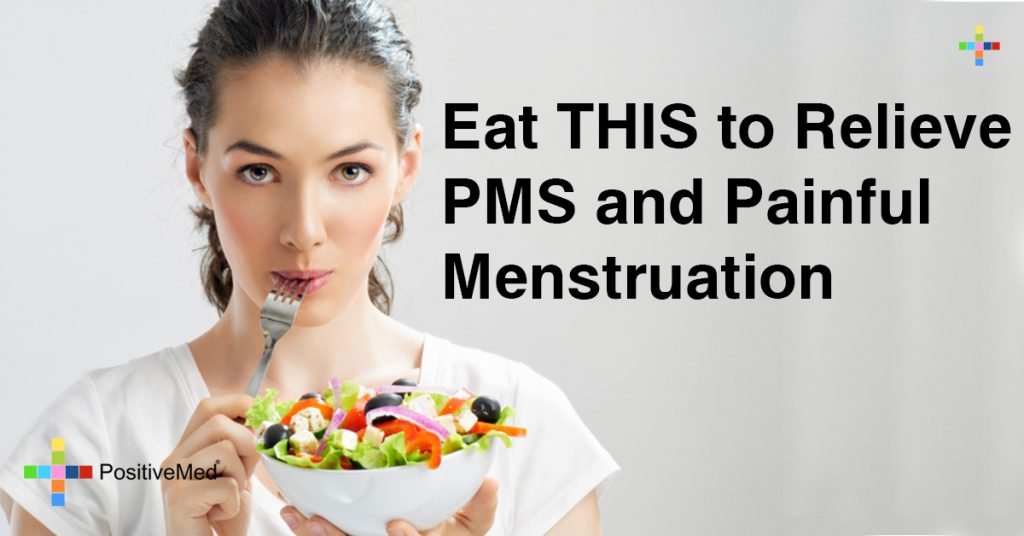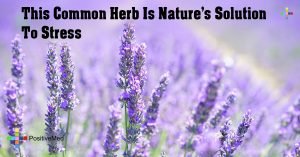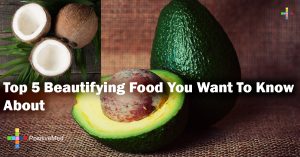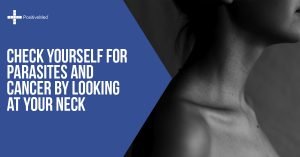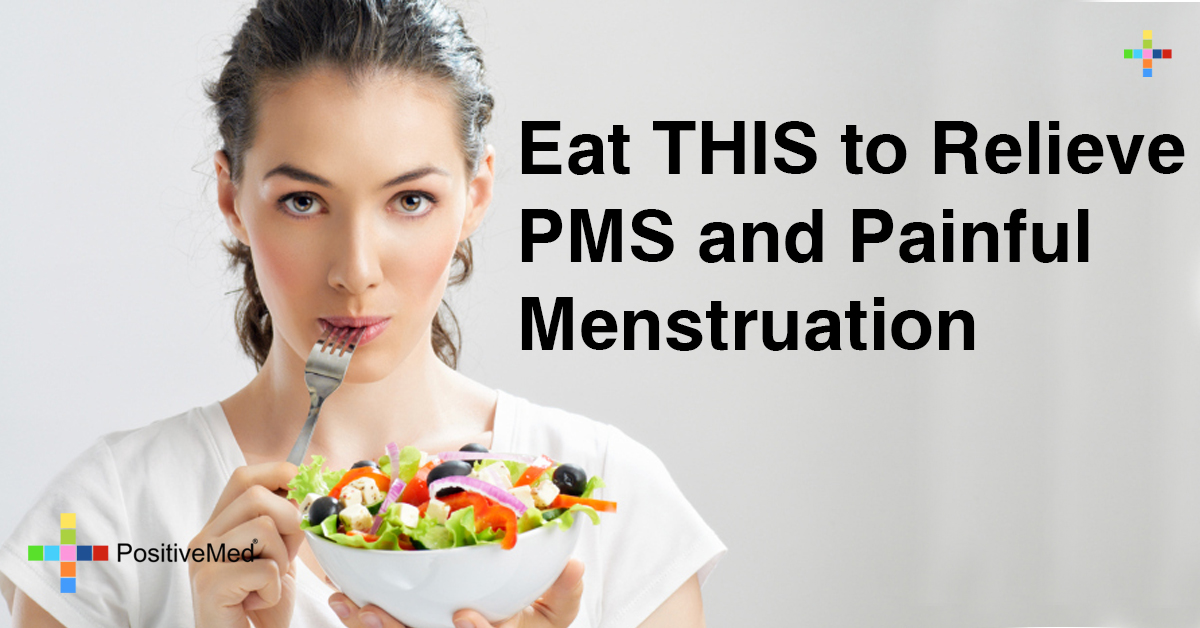
[nextpage title=”…”]
Menstruation is a difficult time for every woman. The combination of unpleasant cramps, soaring hormones, and blood loss can cause many health issues. Many women accept this suffering because they assume periods are always unpleasant, but this is not necessarily true. With the right nutrition, you can avoid a lot of the unpleasant symptoms that come with painful menstruation. These six types of food help you to feel much better and have more comfortable period.

IronIron creates blood cells that carry oxygen and nutrients throughout the body. However, when a woman is on her period, she loses many of these blood cells. Low iron levels typically causes pale skin, fatigue, hair loss, and sensations of dizziness. Painful menstruation can be so severe in women that it causes anemia. To prevent this dangerous health condition, you need extra iron during your period. There are very high levels of iron in red meat, tofu, and leafy green vegetables. You can also find iron in dark chocolate, so it is a good idea to indulge chocolate cravings during menstruation.
RELATED ARTICLE: Ladies! Read This If You Got Your Period After 12
CalciumThis nutrient is known for building strong bone cells, but that is not all it does. It also helps to regulate nerve and muscle function, so calcium is important during periods. People who are deficient in calcium may experience uneven heart beats, a lack of appetite, constant exhaustion, and muscle cramping. Studies have found that these muscle cramps get particularly bad during menstruation. Taking calcium helps to ease cramping and prevent unpleasant bloating. To make sure you get enough during your period, eat a lot of leafy greens, dairy products, and nuts.
READ ALSO: Life Threatening Habits Women Follow During Periods [/nextpage]
[nextpage title=”…”]
FiberFiber is an indigestible substance that helps to push other digestible food sources through the gastrointestinal tract. Without adequate amounts of fiber, people suffer from constipation, bloating, and gas. Digestion might not seem extremely important during menstruation, but it actually makes a big difference. The hormones released during menstruation affect the digestive tract, causing a lot of constipation, bloating, and water retention. Eating enough fiber reduces these symptoms and makes digestion easier. Fiber is found in a diverse set of foods, including nuts, seeds, beans, grains, and most fruits and vegetables.

Vitamin DThe body uses vitamin D to absorb calcium and build strong muscles and bones. The signs of vitamin D deficiencies are very subtle, but it causes many issues. Without enough vitamin D, people may experience weakened muscles, overactive thyroid glands, and knee or hip pain. Not only does a lack of vitamin D cause calcium deficiencies, but it also results in irregular periods. Vitamin D is found in fish oils and egg yolks, and milk and juice is often fortified with it. You can also naturally produce vitamin D by spending some time in the sun.
Vitamin BThe B vitamins all help to burn food to create energy and build new cells in the body. Without these vitamins, people suffer from a wide range of issues, including numbness, fatigue, memory loss, and anemia. Research has found that a combination of B12 and omega-3 fats greatly lowers cramping. B12, omega-3s, and other B vitamins can all be found in eggs, seeds, seafood, and yogurt.
MagnesiumMagnesium has an essential role in producing energy for the body. A lack of magnesium can result in nausea, muscle cramps, unusual heart rhythms, or even seizures. Women who menstruate with a magnesium deficiency get extreme cramps and headaches. Since magnesium helps to relieve PMS, you should make sure you eat enough in the days leading up to menstruation. Magnesium is another nutrient found in dark chocolate. It can also be eaten in avocados, fatty fish, nuts, and sunflower seeds.
Fortunately, it is very easy to add these foods to your diet. For example, a leafy green salad with avocado, sunflower seeds, salmon, and yogurt dressing contains each one of these food groups. When you have the proper nutrition, you should feel less pain and discomfort throughout painful menstruation. This helps you to focus on enjoying life instead of feeling ill for a week every month.[/nextpage]

